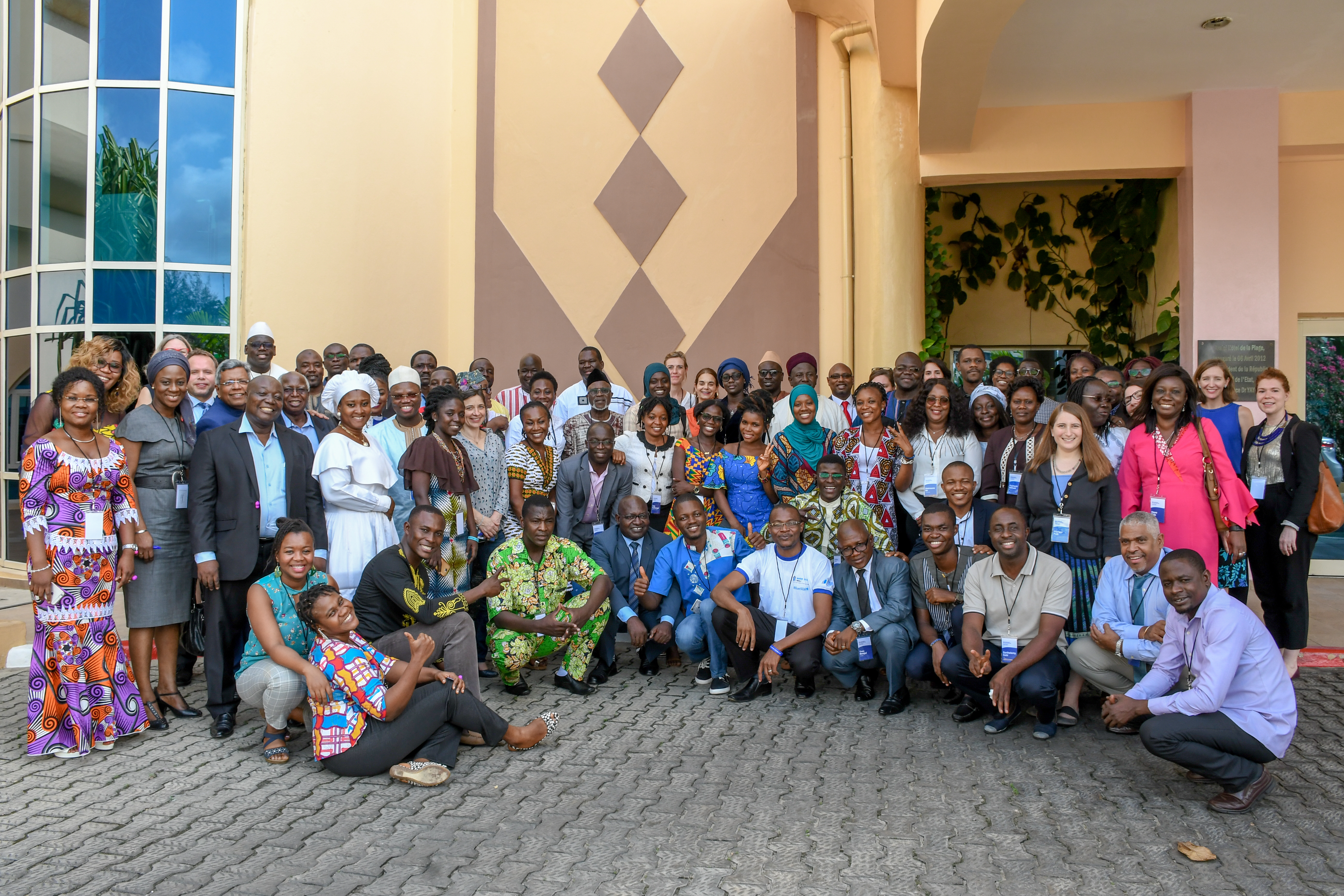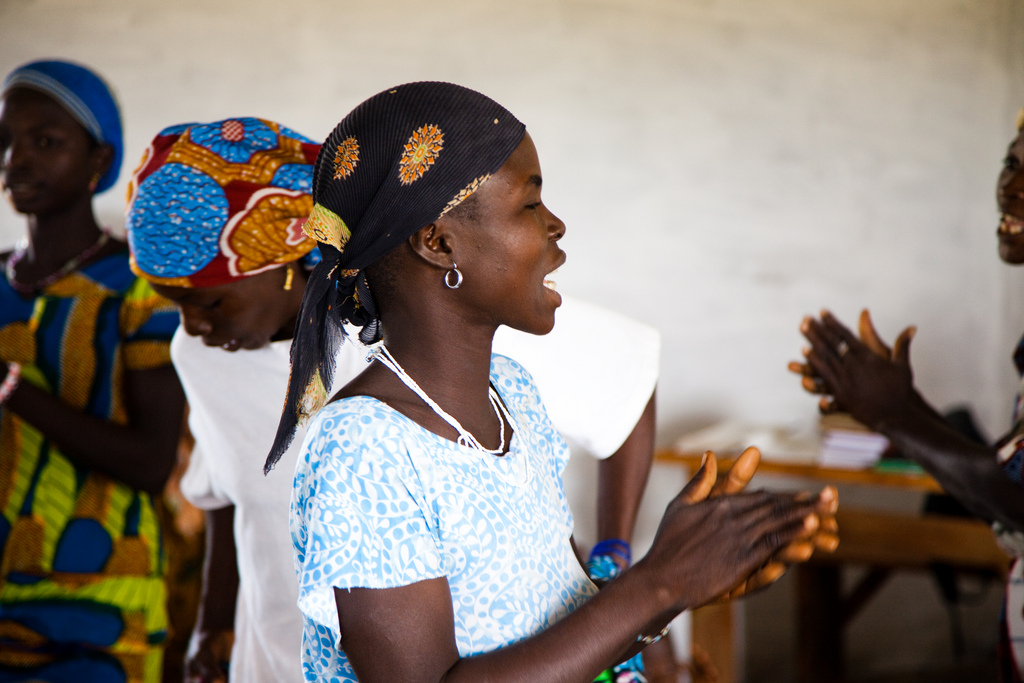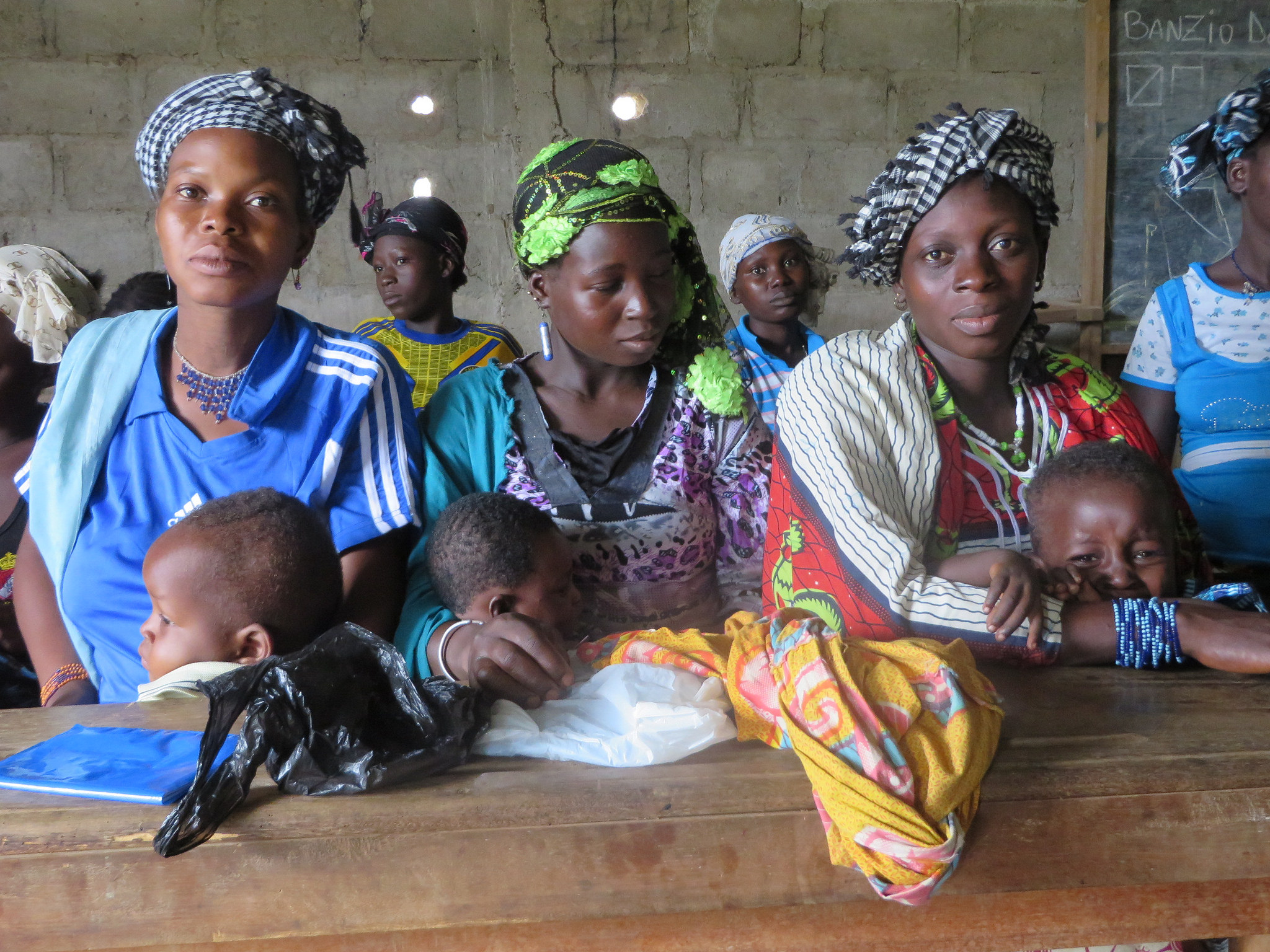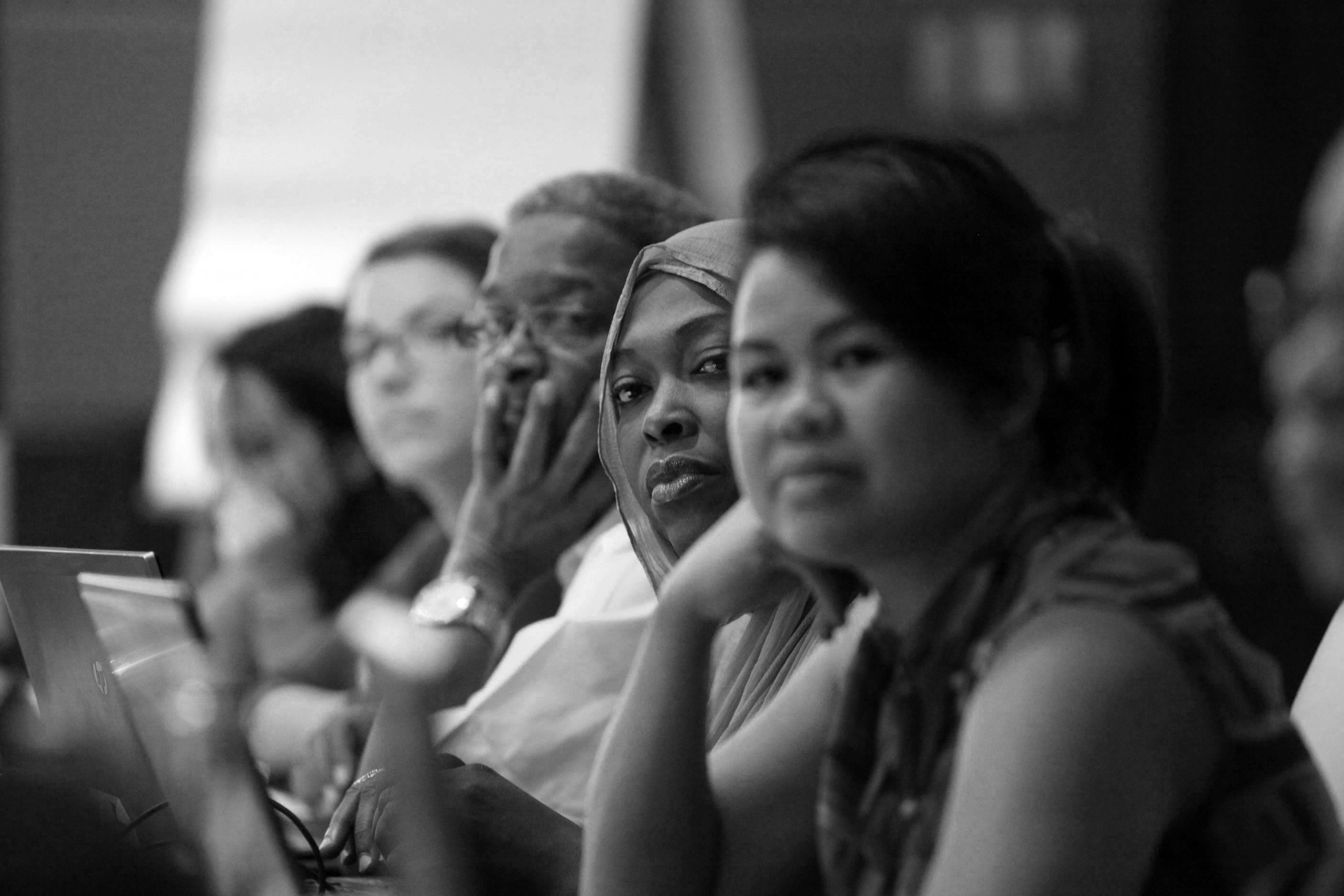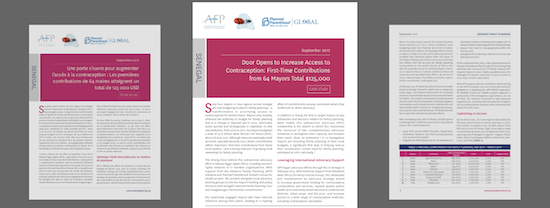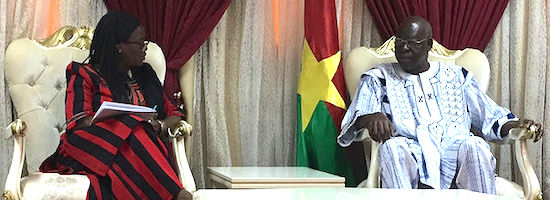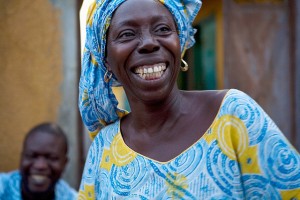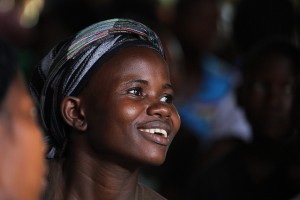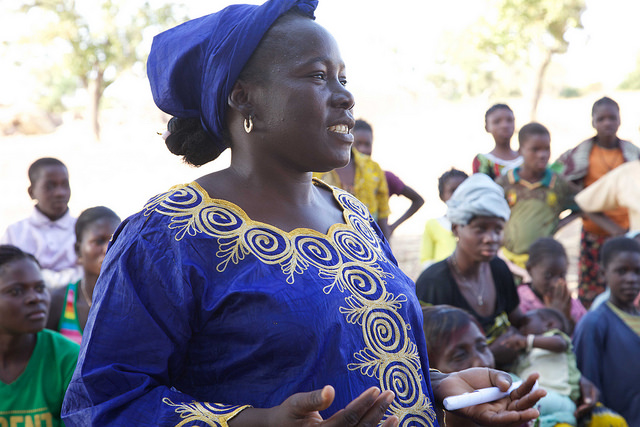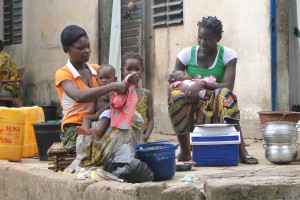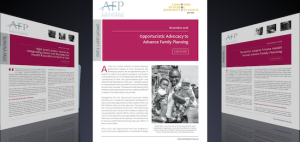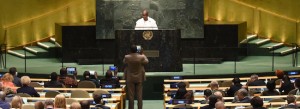View the latest family planning advocacy news from our partners.
Between September 2019 and January 2020, Advance Family Planning (AFP) awarded six new Opportunity Fund grants to organizations in Ouagadougou Partnership (OP) countries to support advocacy strategies developed during the March 2019 Zero Pregnancies in Schools meeting in Cotonou, Benin.
Between September 2017 and March 2018, 17 communes in Togo signed commitments to allocate 5% of their annual health budgets for sexual and reproductive health and family planning. As of May 2018, 16 have already allocated funds totaling nearly US $32,000 (18.3 million Central African Francs).
In December 2017, the Government of Côte d’Ivoire allocated 500 million West African francs (XOF) (approximately US $930,000) toward purchasing contraceptives in its 2018 budget.
Advance Family Planning (AFP) and PAI’s new case study highlights the results of AFP’s first international advocacy diffusion workshop and the impact SMART advocacy efforts can have on achieving meaningful change in a variety of settings and issues—from improving health worker training in Nig
Advance Family Planning’s (AFP) new case study from Senegal illustrates the profound effect that SMART sub-national advocacy can have on achieving larger family planning goals.
In a sign of Burkina Faso’s dedication to family planning, the Minister of Health appointed Anne Thieba, wife of Prime Minister Paul Kaba Thieba, as an ambassador. Mrs. Thieba’s appointment comes as Burkina Faso finalizes its second family planning costed implementation plan aiming for a contraceptive prevalence rate of 32% by 2020. This significant show of political support will help the Ministry of Health and its partners intensify efforts.
Twenty Senegalese mayors committed to invest a total of 21.5 million FCFA (approximately US $37,700) for family planning for the women in their communities.
The government of Burkina Faso’s new three-year costed implementation plan for family planning increased activities dedicated to adolescents and young people to 30% of all outlined activities—compared to the 14% of activities in the 2013-2015 plan. This significant increase means that Burkina Faso is aiming well beyond the target set by the Youth Think Tank of the Ouagadougou Partnership in 2017: for 15% of activities to focus on youth.
In April, 15 mayors in Burkina Faso jointly committed to prioritizing family planning in their communes. The mayor of Koudougou alone pledged to allocate 10,497,500 FCFA, (US $17,496) for family planning. The other mayors in attendance will determine their allocations after meeting with their municipal councillors.
The rural communes of Gorgadji and Seytenga included funding for family planning activities in their 2017 Annual Communal Investment Plans—a first for communes in Burkina Faso. These plans approve yearly communal expenses; including specific language in the plan is the most effective way to ensure that a commune allocates funds to family planning.
Advance Family Planning’s three new case studies showcase the scope and impact of the advocacy initiative’s efforts toward discrete policy and funding advancements for family planning.
Read the stories, view the lessons learned, and download the case studies to see the breadth of AFP’s impact:
In an agenda-setting policy statement to parliamentarians on February 5, 2016, Burkina Faso’s Prime Minister Paul Kaba Thieba recommended integrating sexual and reproductive health modules into curricula for students aged 10-24. A majority of the country’s 125 parliamentarians then voted to prioritize it on the Prime Minister’s agenda. More than four months in the making, this advocacy win represents a remarkable step forward in expanding access to family planning information for young people in Burkina Faso.


